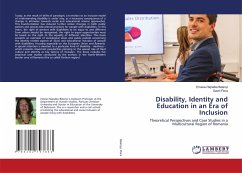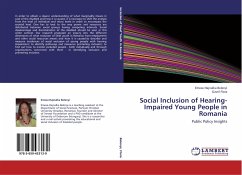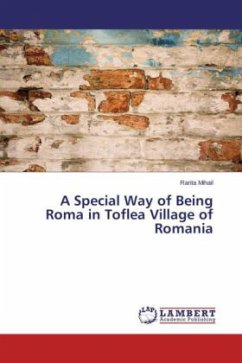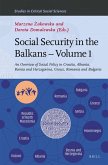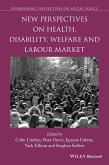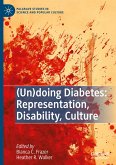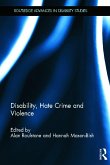Today, as the result of shifts of paradigm, a transition to an inclusive model of understanding disability is under way, as a necessary consequence of a change in attitudes towards social and educational science approaches. This transformation has induced further similar changes in both public policies and special educational practices for people with disabilities. In this vision, the right of persons with disabilities to be equal to and different from others should be recognized; the right to equal opportunities must be based on the right to the equality of different identities. This book presents an overview of sociological views and public policies concerning the identity related aspects of social and educational inclusion of people with disabilities, focusing especially on the European Union and Romania. A special attention is devoted to a particular kind of disability - deafness - which presents important peculiarities pointing to the special role of Deaf culture and identity as key factors of inclusion. The book includes five empirical case studies conducted by the authors in the North-Western border area of Romania (the so called Partium region).

